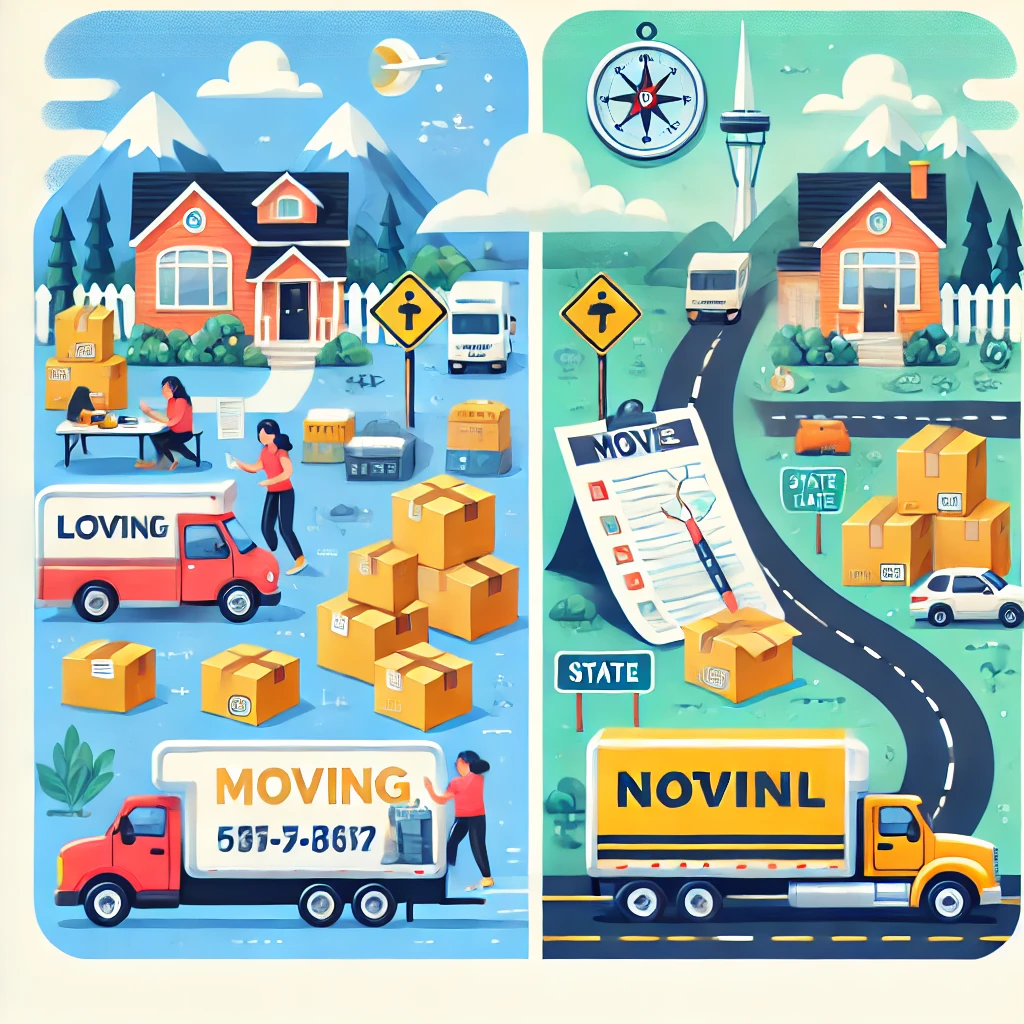Navigating Your Relocation Journey?
Relocating to a new home, whether across the city or to a different state, can be a transformative experience. While the process of moving comes with its challenges, proper planning and execution can make your transition smooth and stress-free. This article explores the nuances of local and national moves, offering insights to help you navigate your next relocation.
Whether you’re relocating across the street or across the country, understanding the logistics of Local And National Moves is key to a successful transition.
Understanding Local Moves
A local move typically involves relocating within the same city or region, usually within a radius of 50 miles. These moves are generally less complex compared to long-distance relocations, but they still require careful planning. Key aspects of local moves include:
- Cost Efficiency: Local moves are often charged by the hour, making them more affordable than national moves. HiriRelocating to a new home, whether across the city or to a different state, can be a transformative experience. While the process of moving comes with its challenges, proper planning and execution can make your transition smooth and stress-free. This article explores the nuances of local and national moves, offering insights to help you navigate your next relocation.Understanding Local Movesng a reputable local moving company can help streamline the process without breaking the bank.
- Familiarity with the Area: Staying within the same community allows you to leverage your existing knowledge of the area, making it easier to settle into your new home.
- Shorter Timeframe: The proximity of your new location means that packing, transporting, and unpacking can often be completed within a day or two.
Exploring National Moves
National moves, or long-distance relocations, involve crossing state lines or traveling hundreds of miles to reach your new destination. These moves require more detailed planning and logistics due to the distance and potential legal considerations. Here are the key factors to keep in mind:
- Higher Costs: National moves are usually priced based on the weight of your belongings and the distance traveled. Additional costs may include fuel surcharges, insurance, and storage options.
- Regulations and Permits: Interstate moves are regulated by federal laws, meaning your moving company must be registered with the U.S. Department of Transportation (DOT). Always verify the credentials of your chosen movers.
- Longer Timeframe: The extended distance means that the moving process could take several days or even weeks, requiring careful scheduling and patience.
- Emotional Impact: Moving to a new state often means leaving behind familiar surroundings, friends, and family. Preparing emotionally for this transition is just as important as handling the logistical aspects.
Tips for a Successful Move
Whether you’re undertaking a local or national move, these tips can help ensure a seamless experience:
- Plan Early: Begin organizing your move at least a month in advance. Create a checklist to track your progress and deadlines.
- Declutter: Use the opportunity to sort through your belongings. Donate, sell, or recycle items you no longer need to reduce moving costs.
- Hire Professionals: Research and hire a licensed, insured moving company with positive reviews. Get multiple quotes to compare prices and services.
- Pack Strategically: Label boxes clearly and pack items by room to simplify unpacking. For fragile items, invest in proper packing materials.
- Prepare an Essentials Box: Pack a separate box with daily necessities, such as toiletries, snacks, clothing, and important documents, to keep with you during the move.
- Communicate Clearly: Keep open lines of communication with your movers and ensure everyone is on the same page regarding schedules, costs, and expectations.
Choosing the Right Moving Company
The choice of a moving company can significantly impact your experience. For local moves, opt for companies with a strong presence in your community. For national moves, prioritize movers with extensive experience in long-distance relocations and a proven track record of reliability. Always ask for references, read reviews, and ensure the company offers comprehensive insurance coverage. Making informed decisions in both Local And National Moves ensures a smoother, more secure relocation process.
Embracing Your New Chapter
Moving represents an opportunity for a fresh start. Whether you’re moving across the street or across the country, a well-executed relocation can set the stage for exciting new opportunities and experiences. By planning ahead and staying organized, you can transform the challenges of moving into a rewarding journey toward your next adventure.
Whether your relocation is local or national, remember that each step brings you closer to a new chapter in your life. Embrace the change, and take pride in the effort you’ve put into making your move a success.




